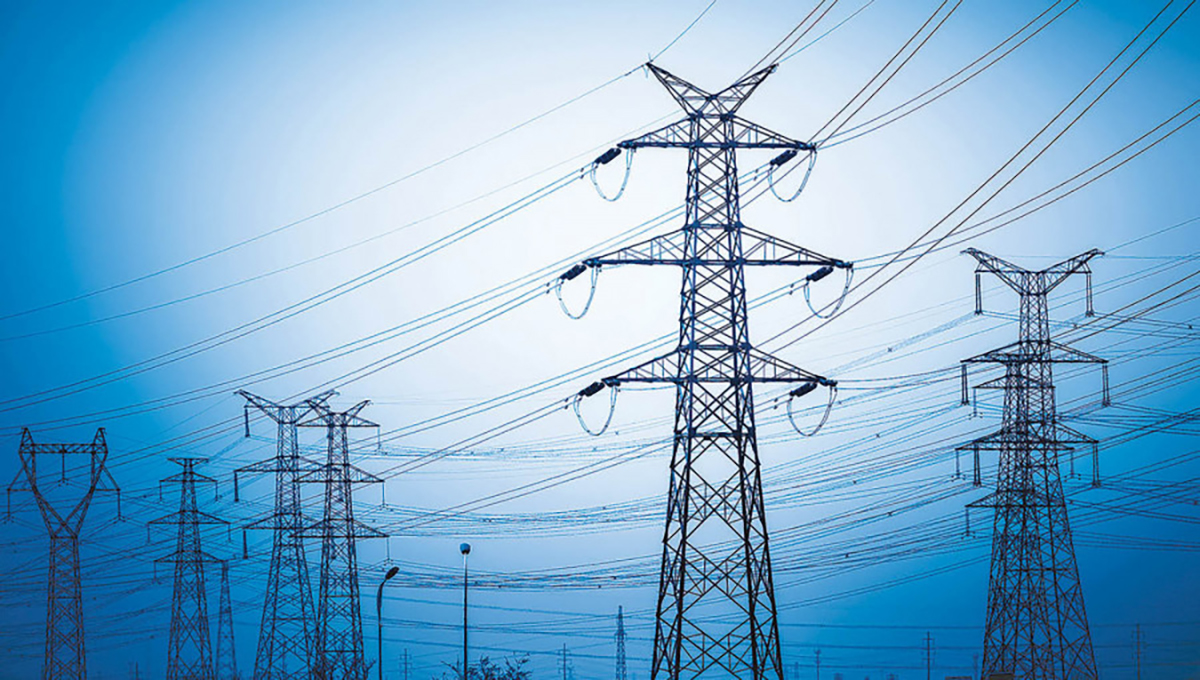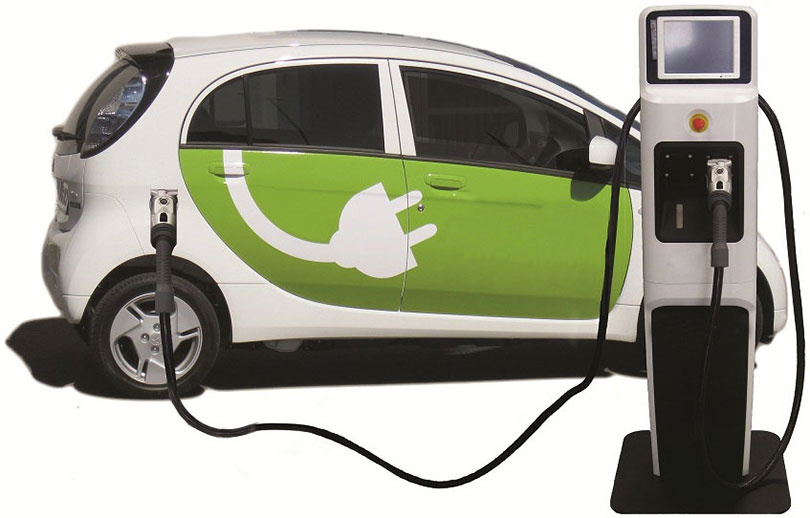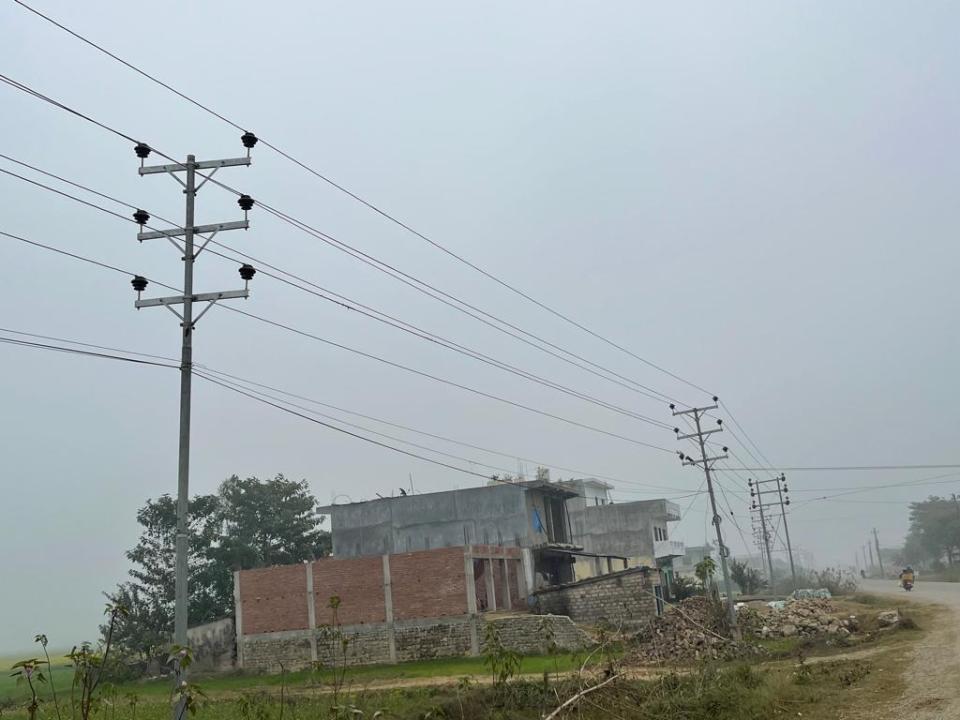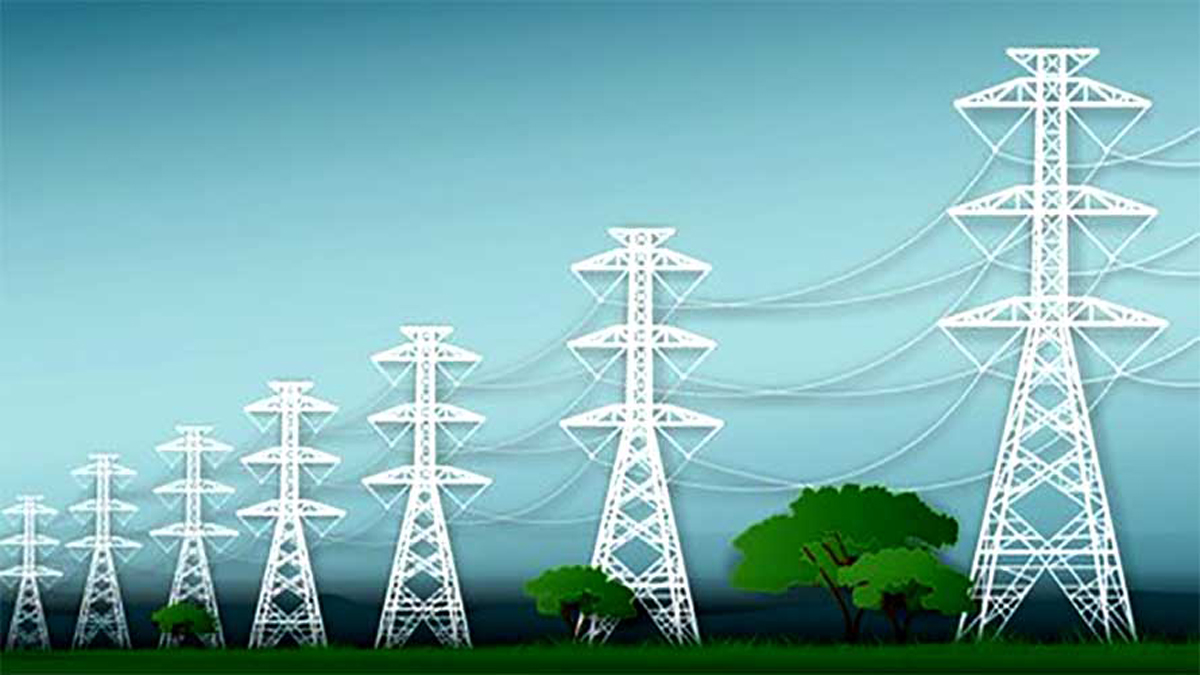Energy Update
Bangladesh agrees to buy hydro-power from Nepal at 6.5 cents per unit

Bangladesh has agreed to buy hydro-power from Nepal at a rate of 6.5 cents for per unit; however, Nepal Electricity Authority (NEA) would not bear the cost of transmission and trade margin (service charge) for the supply of power to Bangladesh.
Following several tariff negotiation meetings, both sides fixed the tariff, however, the issue would be sent before the cabinet committee on government purchase for final approval, Power Division sources said.

Bangladesh wants to purchase electricity from Nepal at five cents per unit, while Nepal wants 7 cents per unit, which is delaying a power deal between the two countries, an official from the power Division has said.
"We have reached a final decision," Mohammad Hossain, director general of Power Cell told the Daily Observer on Tuesday. A team led by NEA executive director Kul Man Ghising visited Bangladesh very recently and fixed the rate last week, the official said.

Upon tariff agreement, Nepal, Bangladesh and India anticipate signing a tripartite deal, marking Nepals maiden power export to Bangladesh.
According to the agreement, Bangladesh anticipates receiving a total of 40 MW of electricity from Nepal, comprising 24 MW from the Trishuli project and 16 MW from another power plant. The electricity will be transmitted to the national grid at Bheramara, Bangladesh, via the Baharampur transmission line in India.
Earlier, a joint statement issued on February 22 said both parties intend to expedite a power sale agreement to facilitate Nepals electricity export during the forthcoming rainy season but now there is no room to get the electricity before October, official said.
NEA proposes Bangladesh to export 40MW of power from June 15 to November 15, 2024 with the agreement slated for five-year duration. The transmission will occur via the Nepal-India Dhalkebar-Muzaffarpur Cross Border Transmission Line and the India-Bangladesh Baharampur-Bheramara Cross Border Transmission Line.
However, India has already agreed in principle to facilitate the export of 40MW power from Nepal to Bangladesh.
To manage the electricity demand-supply gap in future, Bangladesh plans to import 9,000 MW of electricity from neighbouring countries, seeking external sources to diversify its electricity supply and boost the proportion of renewable energy in its energy portfolio. The country is interested in purchasing 500 MW of electricity from Nepal, with an initial contract for 40 MW.
"The government did not share the documents before signing any deal with any party. With the help of its officials (those are not expert in this regard), the government finalised all deals very poorly. What we see is when it comes to public domain. By that time we have nothing to do," Professor Dr Ijaz Hossain said.
In the proposal, Nepal has also offered concession in the bill, provided the Bangladeshi entity pays early.
"Bangladesh is expected to pay the bill within 45 days of its issuance," said Thike. "If the bill is paid within seven days of its issuance, the buyer will get a certain waiver in tariff."
He, however, said that Nepal has also proposed charging a higher tariff if the payment is delayed. "We have proposed a rebate and penalty clause depending on how early the bill is paid," official said.
Nepal exported power to India. Both Nepal and India have agreed, in principle, to involve Bangladesh as a partner for energy cooperation when they issued the Joint Vision Statement on Power Sector Cooperation in April 2022.
Nepal and Bangladesh in May, 2023 agreed to sign a tripartite agreement between the NEA, the Bangladesh Power Development Board and the NVVN at the meeting of the energy secretary-level Joint Steering Committee.
Earlier, Bangladesh had sent a draft request for proposal (RfP) in response to which Nepal proposed the tariff.
Besides tariff, Nepal has also included details on how Nepal would deliver power to Bangladesh.
According to official sources, after a long discussion at political and bureaucratic levels among the countries, India finally agreed to allow Bangladesh to initially import 40MW of electricity from Nepal through the Indian transmission infrastructure.
This news was initially published in The Daily Observer, an online newspaper based in Bangladesh.
Conversation
- Info. Dept. Reg. No. : 254/073/74
- Telephone : +977-1-5321303
- Email : [email protected]














